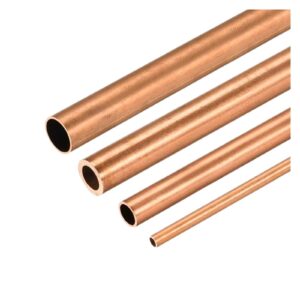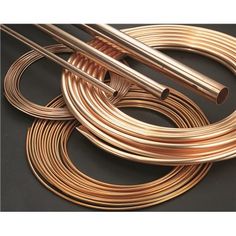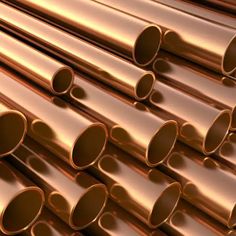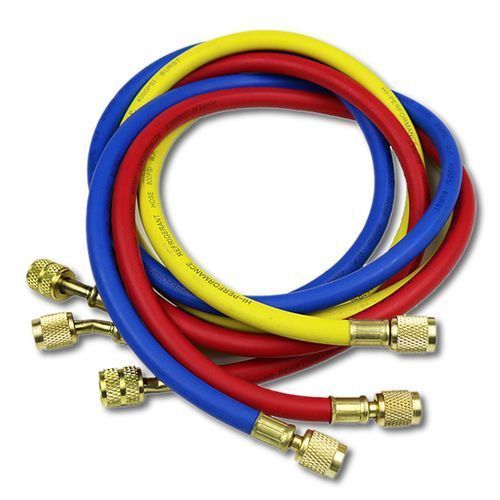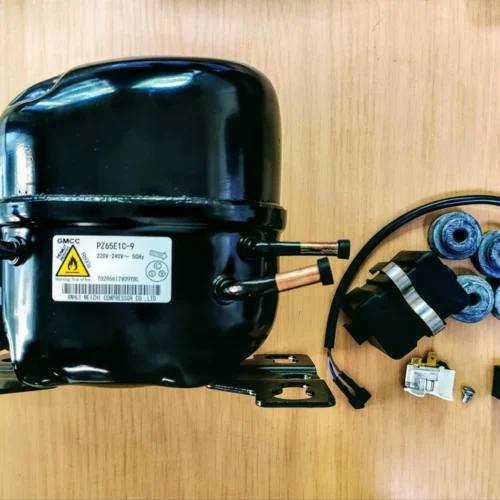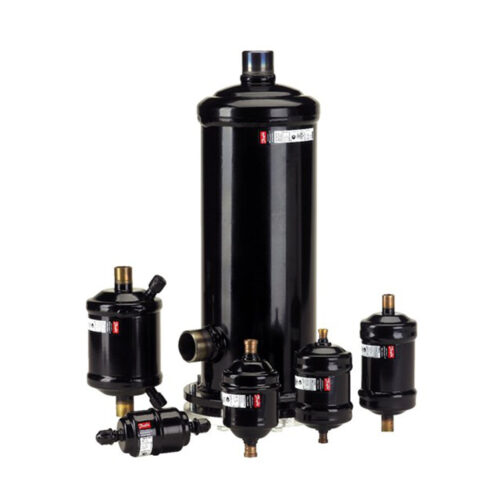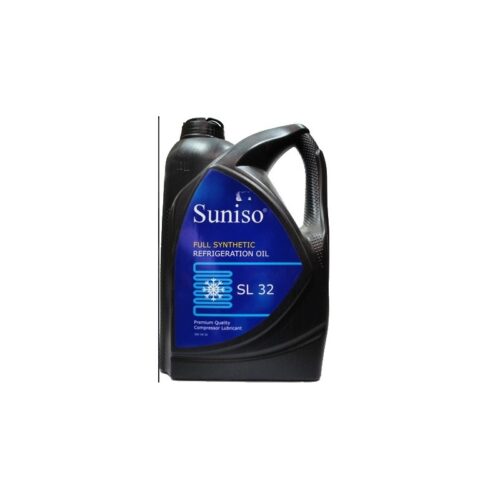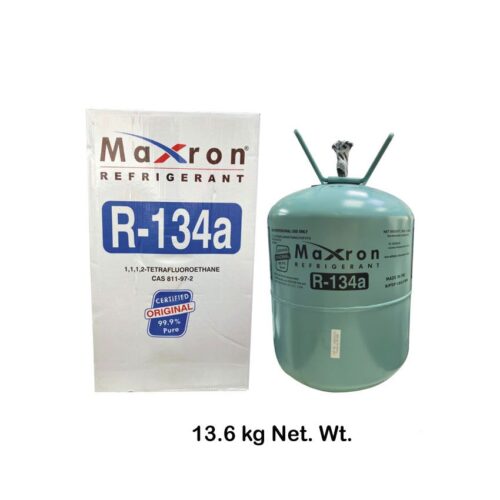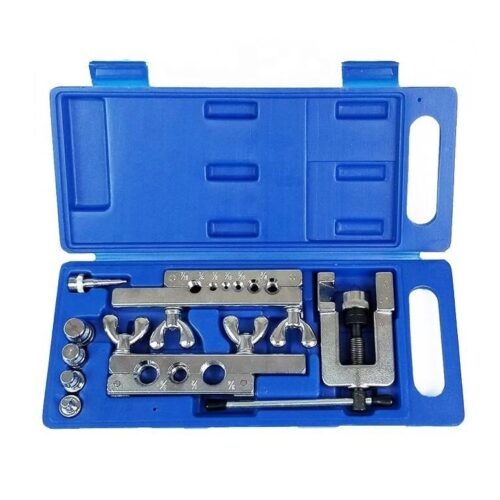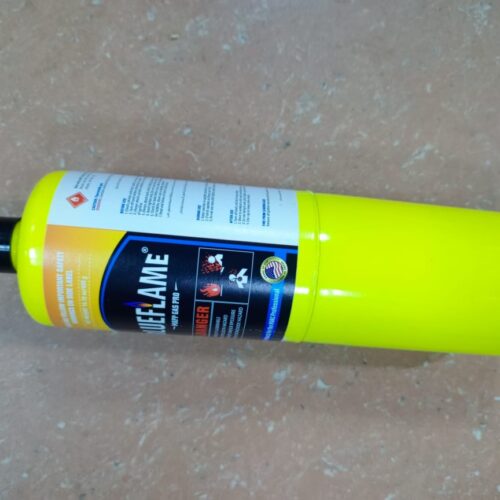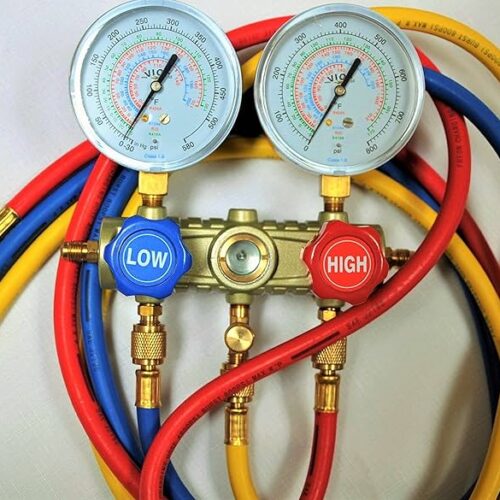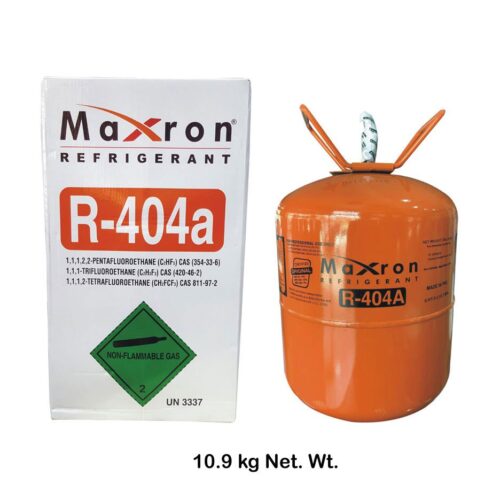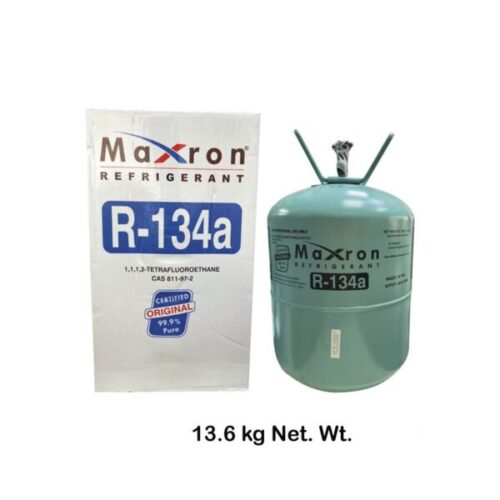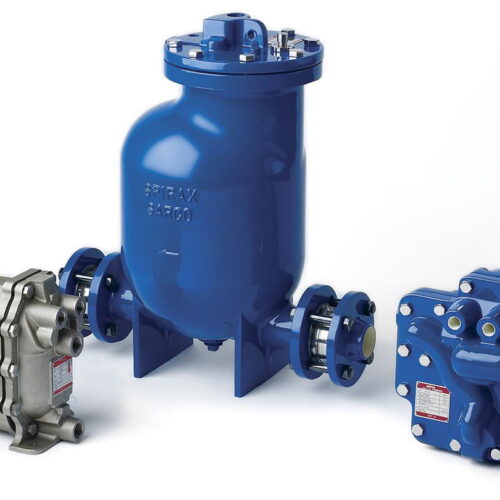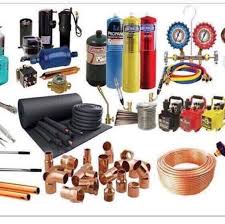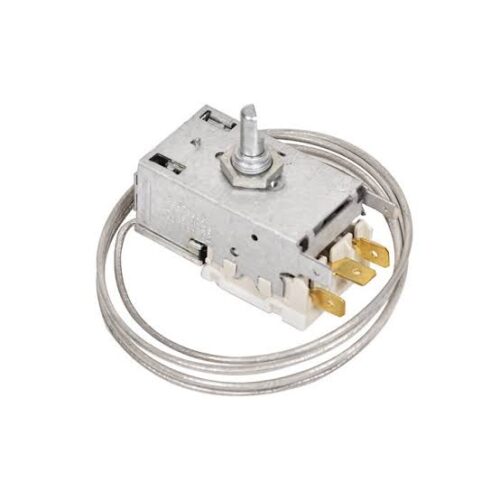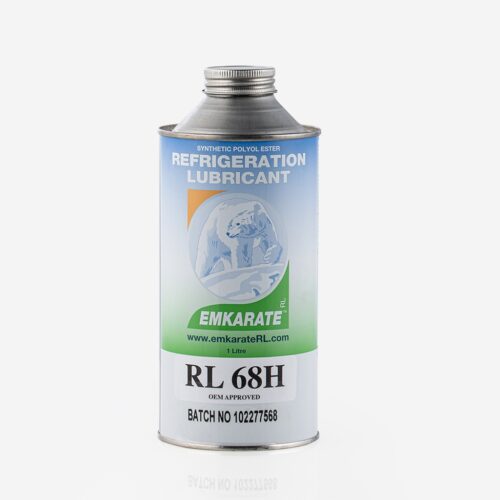Description
The following are different sizes of copper pipes in refrigeration from Finstar Industrial Systems:
1. Nominal Sizes of copper pipes
Copper pipes are often referred to by their nominal sizes, which are based on their nominal outside diameter (OD). The actual OD and wall thickness can vary slightly depending on the type of copper pipe and its manufacturing standards.
- 1/4″ (6.35 mm) OD
- 3/8″ (9.53 mm) OD
- 1/2″ (12.7 mm) OD
- 5/8″ (15.88 mm) OD
- 3/4″ (19.05 mm) OD
- 7/8″ (22.23 mm) OD
- 1″ (25.4 mm) OD
- 1-1/8″ (28.58 mm) OD
- 1-3/8″ (34.93 mm) OD
- 1-5/8″ (41.28 mm) OD
- 2-1/8″ (53.98 mm) OD
- 2-5/8″ (66.68 mm) OD
2. Wall Thickness
The wall thickness (WT) of copper pipes can vary depending on the type of pipe and its intended use. The most common wall thicknesses for refrigeration applications are:
- Type K: Thickest wall, highest pressure rating.
- Type L: Medium wall thickness, balance of strength and cost.
- Type M: Thinnest wall, used where lower pressure ratings are acceptable.
3. Application Specific Sizes
In addition to standard sizes, there are also application-specific sizes and configurations of copper pipes used in refrigeration systems, such as:
- Coiled Tubing: Available in various diameters and lengths, used for flexibility and ease of installation in refrigeration systems.
- Capillary Tubes: Very thin-walled tubes used for precise control of refrigerant flow in HVAC and refrigeration systems.
- Custom Sizes: Some applications may require custom sizes to meet specific design and performance requirements.
4. Metric Sizes of copper pipes
In regions where the metric system is used, the pipes are also available in metric sizes. Common metric sizes include:
- 6 mm OD
- 8 mm OD
- 10 mm OD
- 12 mm OD
- 15 mm OD
- 18 mm OD
- 22 mm OD
- 28 mm OD
- 35 mm OD
Choosing the Right Size
Selecting the correct size of copper pipe for a refrigeration system depends on factors such as the refrigerant type, system pressure requirements, flow rates, and space constraints. It is crucial to consult with specifications and standards relevant to your application, ensuring that the selected copper pipe size can handle the operational demands and provide efficient performance.

